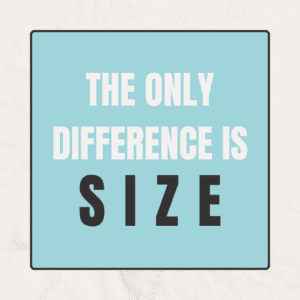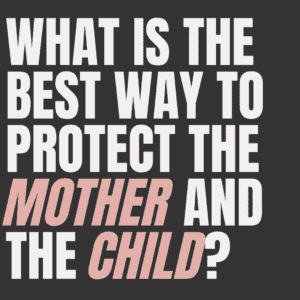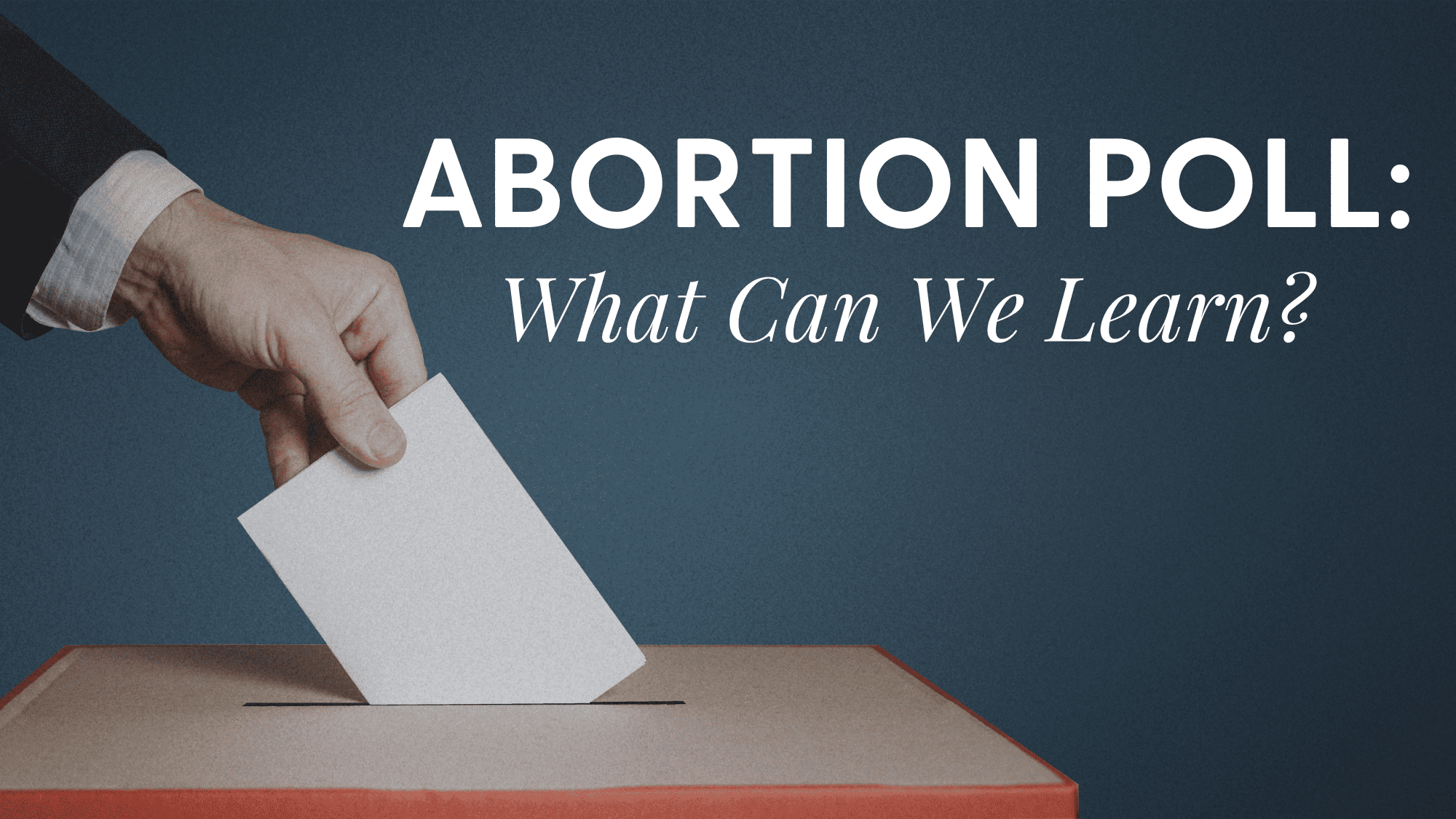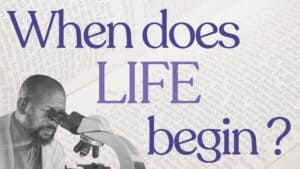Abortion Exceptions
Abortion Poll 1st Trimester Exceptions

Data from NPR shows that 66% of people say abortion should be legal in the first three months of pregnancy. What is so special about the first three months? Is the baby, not a baby?
According to Charlotte Lozier Institute’s voyage of life, within the first three months of pregnancy, the “fetal heart pumps about 6 quarts of blood per day.” Antibodies also pass from the mother to the fetus.
This means the baby’s heart would have already beat over 10 million times, and reproductive organs are present. In fact, more than 90% of body parts are already formed. The biggest difference between a fetus and an adult is size. We wouldn’t discriminate against someone just because they are smaller would we?
Abortion Poll: Rape and Incest Exception
Psychological Effects of Abortion
A national law states that a death sentence shouldn’t be carried out on pregnant women due to the life inside the womb. As Live Action states, if a “death sentence shouldn’t be carried out on pregnant women, how can the killing of an innocent third party be considered compassionate?” Abortion is not the solution for healing when victims have faced sexual violence. In turn, it adds more violence and trauma to the woman. After all, “Why should innocent children receive the death penalty for the crimes of their guilty fathers?”
Belief That Women Will Die Without Abortion
Abortion Poll: Exception For Health of the Mother

Situations in which the health of the mother is at risk during pregnancy are more rare than people think. The American Association of Pro-Life Obstetricians and Gynecologists says that there are only “a few rare preexisting maternal cardiac conditions that have a high mortality rate…even cancers can usually be treated by delaying treatment or using chemotherapies that are less toxic to a fetus.” That means there are treatments that have both the child and mother in mind. They are safer than an abortion procedure, and both mother and baby can live.
Health of the Mother Explained
Through the Dublin Declaration, practitioners and researchers in obstetrics and gynecology state that induced abortion is “not medically necessary to save the life of a woman.” They further confirm that the “prohibition of abortion does not affect, in any way, the availability of optimal care to pregnant women.”
There is Hope

Abortion polls show that people are pro-choice primarily to allow abortion within specific circumstances. However, with knowledge of research and facts, there is a safer, more ethical options available. This keeps both the mother and child safe. There is hope in this post-Roe generation that gives life and promise to both mother and baby.















